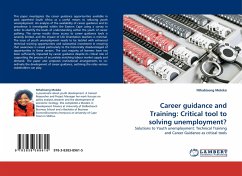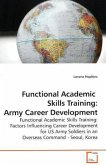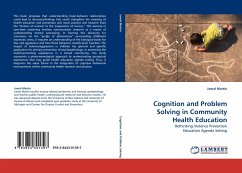This paper investigates the career guidance opportunities available in post apartheid South Africa as a useful means to reducing youth unemployment. An analysis of the availability of career guidance and its prevalence is investigated within the Eastern Cape using a survey in order to identify the levels of understanding within the youth of career pathing. The survey results show access to career guidance tools is severely limited, and the impact of Life Orientation teachers is minimal. The issue of youth unemployment needs to be tackled with enhanced technical training opportunities and substantial investment in ensuring that awareness is raised particularly to the historically disadvantaged of opportunities in these sectors. The vast majority of learners have not been sufficiently impacted by career guidance despite its critical role of supporting the process of accurately matching labour market supply and demand. The paper also proposes institutional arrangements to co-ordinate the development of career guidance, outlining the roles various stakeholders can play.
Bitte wählen Sie Ihr Anliegen aus.
Rechnungen
Retourenschein anfordern
Bestellstatus
Storno








